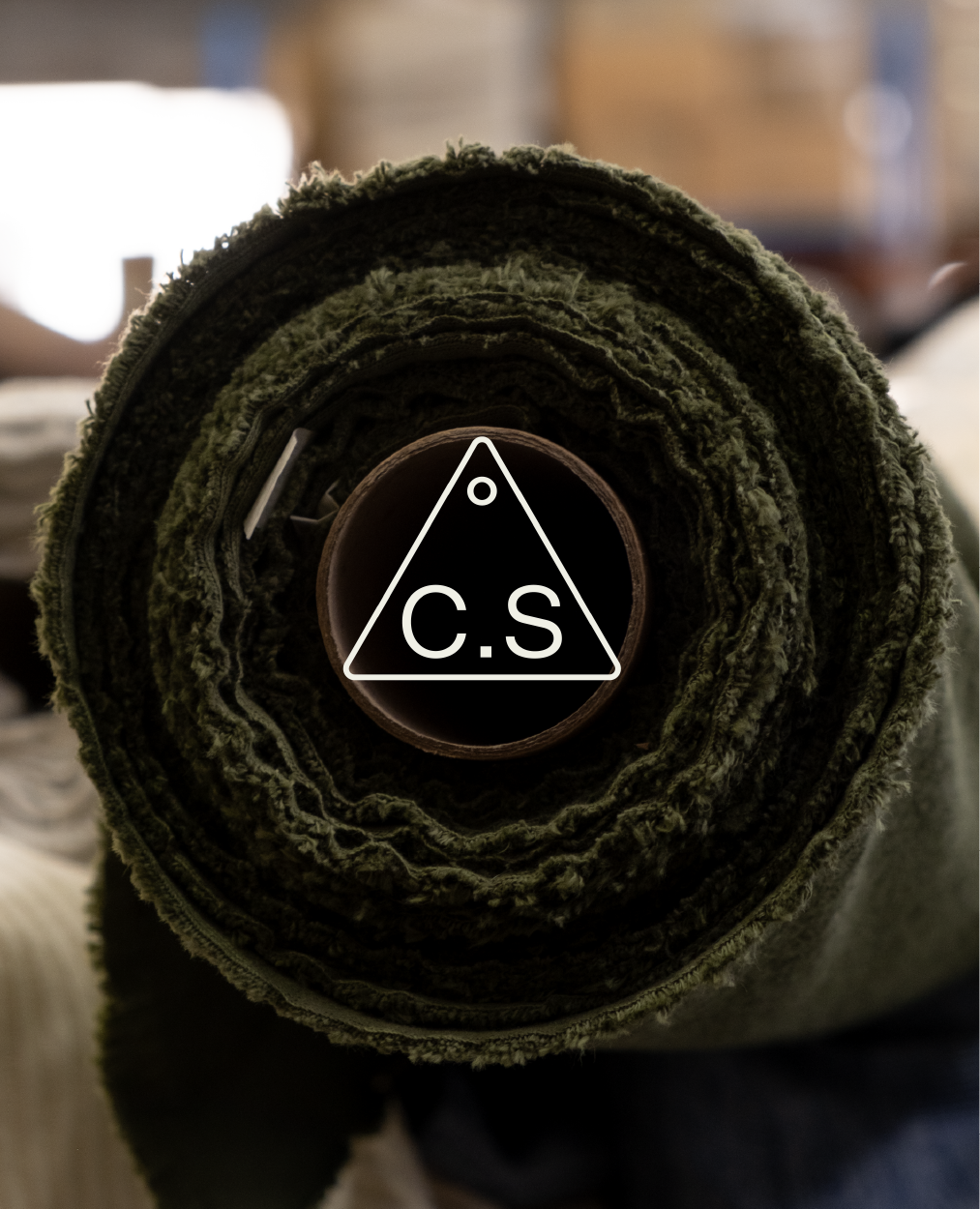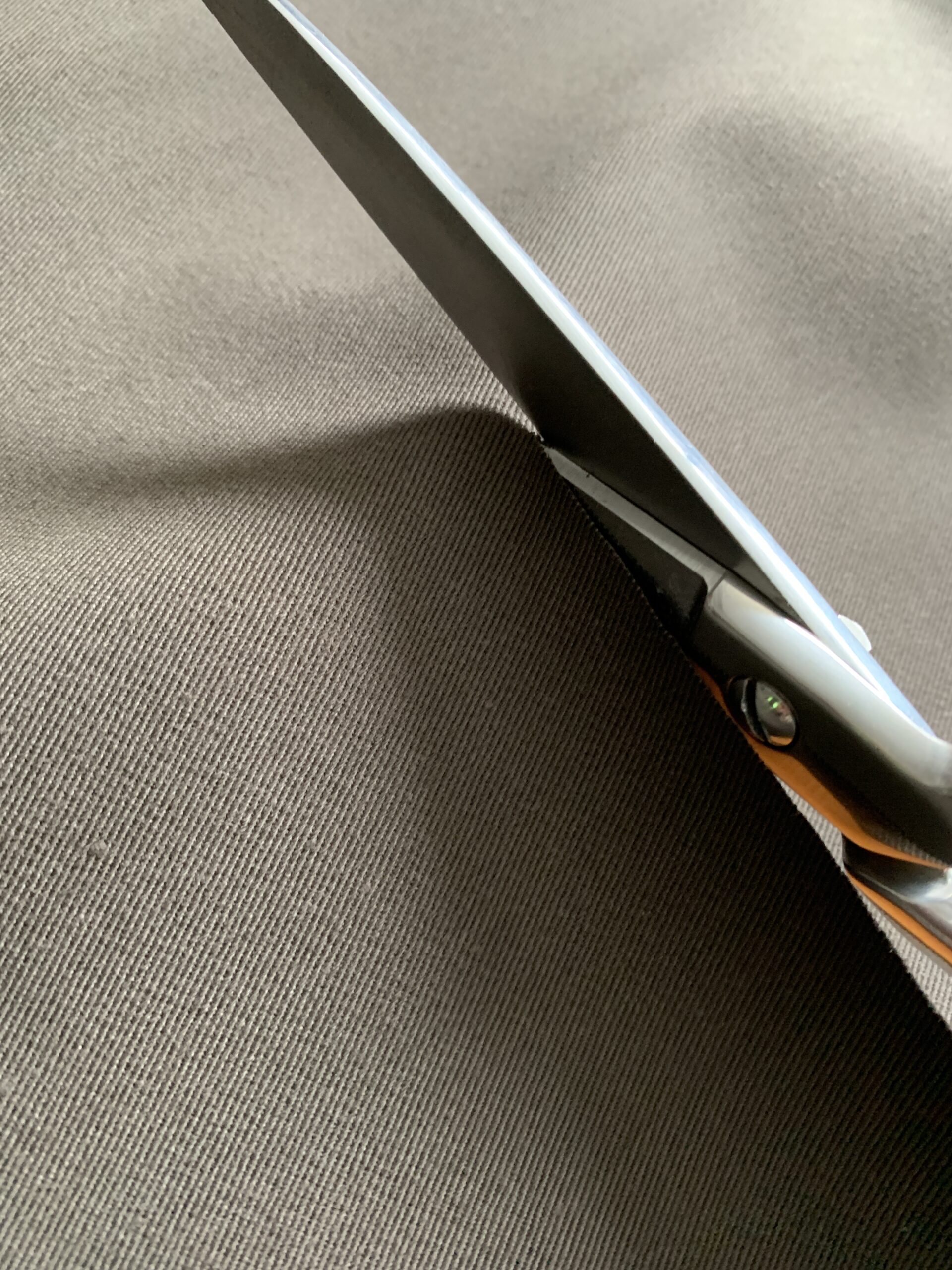Full Circle Fibres and Courtney Holm did a deep dive into Australian milled fabrics, we have collaborated for years, and it’s been a privilege to be a founding contributor to getting this up and running. We both love to make and use local made cloth, but, what does Australian milled really mean? And how does the textile yarn industry function on a global scale? And why aren’t fabrics that are milled here also made from Australian spun yarns?

There are quite a few stages involved in cloth being made, but essentially we either grow or synthesise a fibre, turn it into yarn, then cloth, and colour or print it.
Here in Australia we have some amazing local fibre growers and textile millers but we don’t have the whole chain on shore anymore for apparel fabrics, we have to turn fibre into yarn overseas. For wool, it also needs to go overseas to be treated to be machine washable (easy care).
Supporting our local growers and fabric mills is a thing many of us want to do. The mills that are here, are incredible, agile and always willing to give things a go, however they can’t do everything that may be on a designer’s wish list, or maybe they can do some but not all of the stages. Maybe the greige (undyed) woven or knitted cloth is bought in, ready to colour and finish it here on demand, or maybe they make some things locally and source some things with partners offshore too to offer more range to customers.
One of the benefits of this marvellous platform is the facility for those of us making and milling locally to make our ends of runs and batches available in an easier way to designers and makers.

It’s worth explaining that every cloth on the Circular Sourcing site will have yarn that has been spun overseas in it, even if the fibre was grown here, and for even more of them, the yarn that our mills buy to meet the range of market demands, contain a range of fibres and blends, and are from the enormous global world of textile yarn supply, which processes batches by dozens and hundreds of tonnes as opposed to dozens and hundreds of kilos. So it’s very tricky for our local mills to necessarily have power, beyond knowing the place they bought their yarn from, where the fibre is from or how it was grown or made, whether it’s a question of a region, country, or an oil well. However they will know the grade and quality of the yarn they’ve sourced, and the certifications associated with it, maybe it’s recycled content, ‘responsibly sourced and certified,’ or Oekotex certified for example, or maybe it’s a branded yarn, eg Tencel, and the fibre content, and technical properties will absolutely be known to them, no matter its source – so this is your chance as a product developer to be 100% accurate.
There are a couple of suppliers who are working with supply chains direct to local grown fibre, both cotton and wool, most notably we at Full Circle Fibres, and MTK, this takes a special level of effort and the costs associated with isolating fibres in supply chains to be from known sources do mean there can be a higher price.
Supporting our local mills, however much fibre is local or wherever their yarn is from, is part of investing in our eco-system of the future. Circularity requires us to be able to re-make things, and re-making, or re-manufacturing, cannot possibly occur without the manufacturing existing in the first place. There is considerable work going on to bring spinning back onshore to Australia – a vital step in the creation of yarns, and with it the ability to recycle waste cloth, however, it’ll be no use having that if we don’t also have the weavers, knitters, dyers and printers to then make cloth with those yarns. So every time you buy local milled cloth, or pick up our deadstock, whatever its content, recycled or not, natural, synthetic or blend, you are part of keeping and encouraging the evolution of our ability to have a local, ethical, and circular grown, milled, made and remade textile and apparel industry.
Thanks so much to Courtney for such great questions and being a fantastic collaboration leader developing Circular Sourcing. Shop all Australian Milled Fabrics here.
| Powered by WordPress | Theme by TheBootstrapThemes